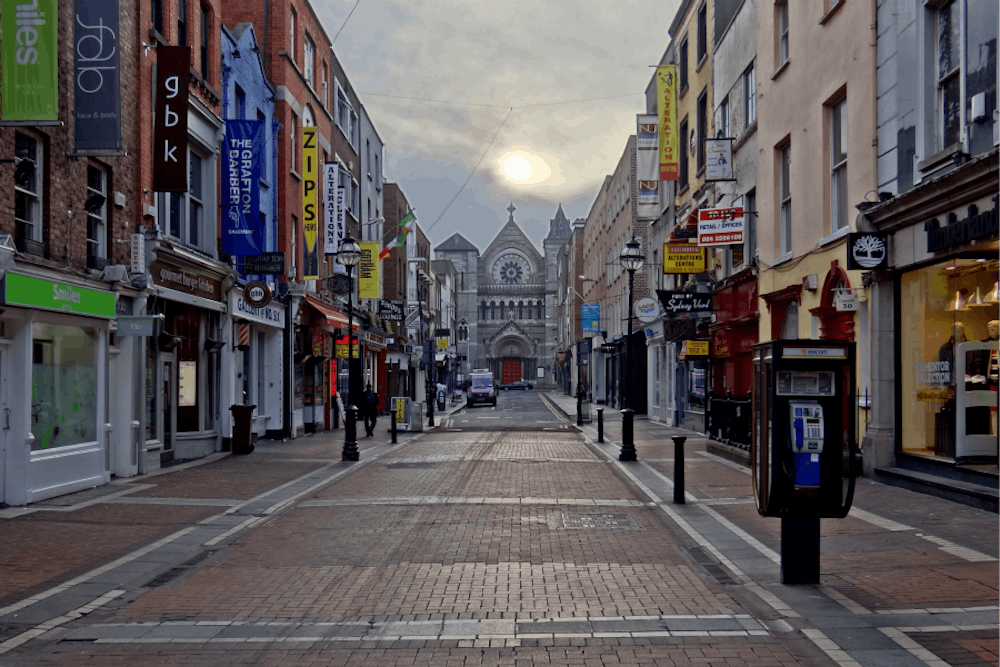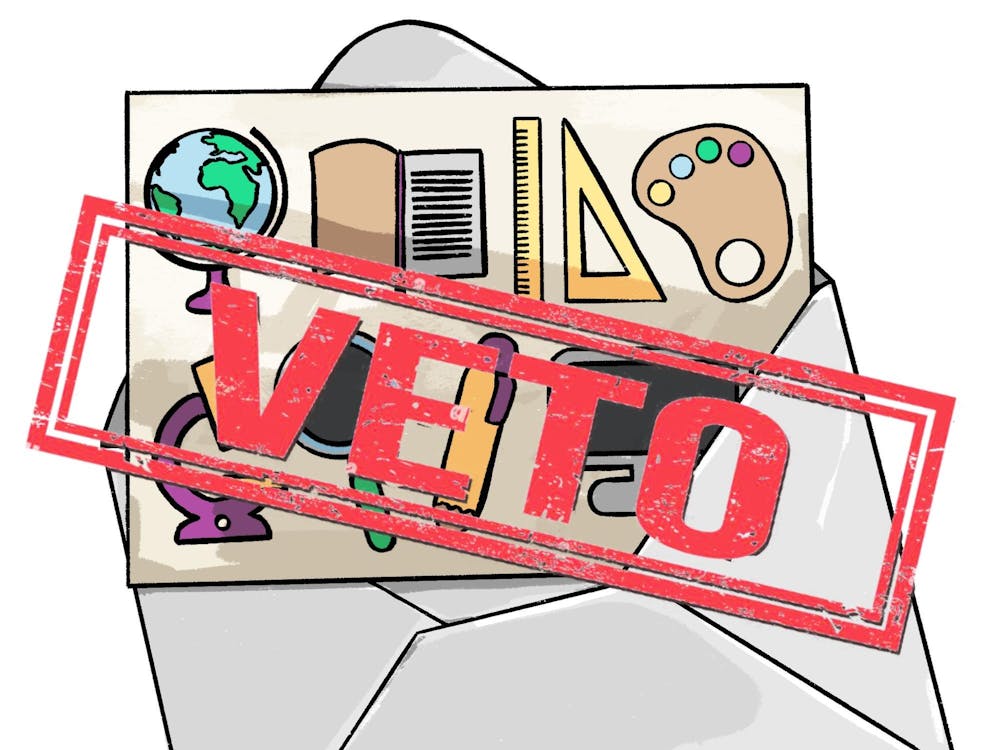Maddie's Matters
By Maddie LaPlante-Dube, Columnist
Easter Monday this year marked the 100th anniversary of the 1916 Easter Rising in Ireland, an event based in Dublin that began the bloody rebellion for independence and secession from Great Britain that took place throughout the first half of the 20th century.
In the days following the rising, its 16 main leaders were executed by British soldiers, shot at point-blank in a line in Dublin. One leader, a socialist revolutionary named James Connolly, was so badly injured during the Rising that he was carried to his execution on a stretcher and tied to a chair in front of the firing squad. About 1,600 Irish men and women faced 19,000 British troops and fought for their country. Dozens of rebels were killed, and when British soldiers came in, hundreds of Irish civilians were killed and thousands more were injured. The rebels later surrendered, but the unrest in Ireland became permanent following the executions.
Following the Rising, Great Britain sent in the "Black and Tans" to try and calm the unrest, but the men were originally just jobless misfits and veterans looking for employment, so with minimal police training, they were sent to Ireland. As tensions rose, the Black and Tans committed horrifying atrocities against civilians, burned and ransacked towns, murdered priests and committed random acts of violence in response to moves made by the Irish Republican Army.
So when I watched the re-enactment of the reading of the proclamation written by the IRA Military Council, of which the likes of James Connolly were a part, and on which was written the only statement of gender equality for the time in which it was written, I was totally emotional.
As Dublin gathered around big screens placed throughout the city so everyone could see and hear the ceremony on O'Connell Street no matter where they were and a procession of military vehicles and soldiers followed suit, I was struck by how little I knew about how truly complicated Irish history actually is.
The coolest thing about being in Ireland is that most of my Irish friends are eager to share their country's history.
The Irish Republic only actually officially became a standalone government in 1949, over three decades after the Rising, so the story of the Republic is a relatively new one. England had occupied the country since as early as 1100 A.D. and, like it had with so many others, stolen and destroyed its culture, persecuted its native people for speaking their own language to the point that the Irish language is all but dead, racialized and illegitimated its people and customs by creating "Irish" stereotypes and were just generally rude. I root for the underdog, so I was all about the ceremony.
Anyway, the point! I've written about how important studying abroad is, but during this time it's even more important to see the world in an increasingly shrinking and racist America (see: the current campaign trail).
Do some research. Ask questions while you're away. Go to protests and celebrations. Be a part of the conversation. There's so much to learn while you're abroad - make sure you take the time to learn as much as you can.
Engaging in the culture here has allowed myself and my fellow American travellers a unique opportunity to begin to understand the implications of American political events as well as the importance of understanding other cultures.
Enjoy what you're reading?
Signup for our newsletter
Besides, based on how this presidential campaign is going, you might want to leave sooner rather than later.




